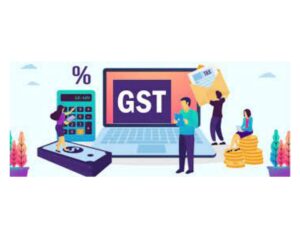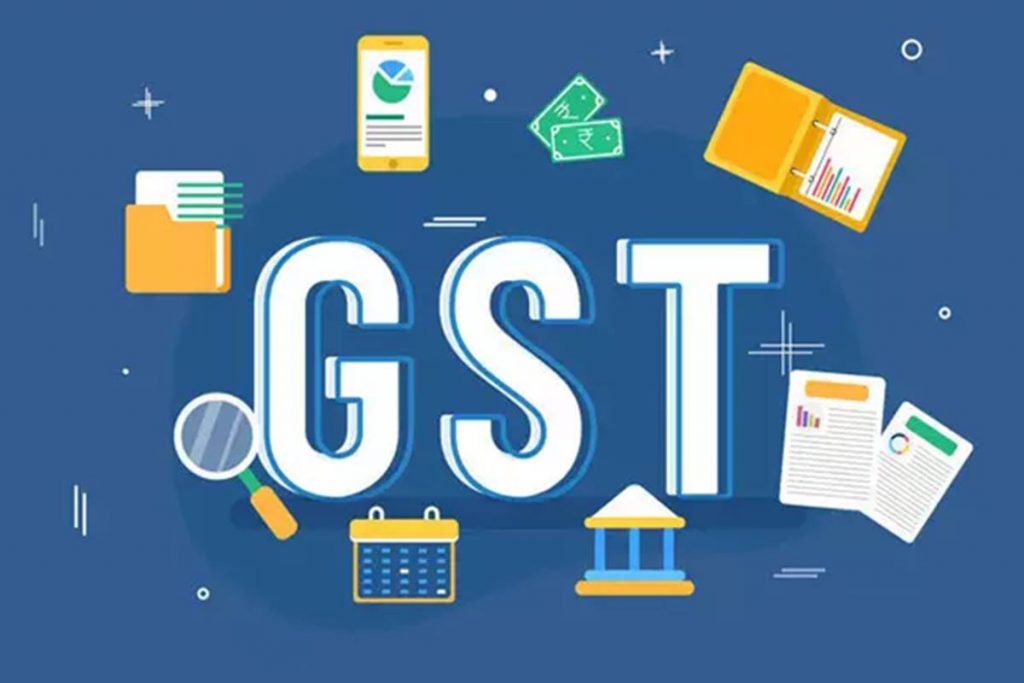![]()
GST Regulations
Here are some key for GST Regulations:
1. GST Compliance:
Goods and Services Tax (GST) is a significant tax regime in India that applies to the supply of goods. Wholesalers must ensure they are correctly calculating and collecting GST on their sales.
They should maintain accurate records of GST collected and paid, as well as invoices for both input and output supplies. This will facilitate seamless GST reconciliation and reporting during audits.
2. Input Tax Credit (ITC):
Wholesalers can claim ITC on the GST paid on purchases, which can be offset against the GST collected on sales.
However, maintaining proper documentation is essential to support ITC claims. Wholesalers should keep track of valid tax invoices, debit notes, and credit notes to validate their ITC claims and avoid any disputes with tax authorities.
3. E-Way Bills:
For the movement of goods above a certain value, e-way bills are required under GST regulations. Wholesalers must generate and maintain e-way bills when transporting goods.
Accurate details about the consignment, the transporter, and the recipient are essential to avoid penalties and delays during inspections.
4. Inventory Management:
Accurate inventory management plays a crucial role in determining the value of goods sold and calculating the corresponding tax liability.
Wholesalers should maintain proper records of opening and closing stock, purchases, and sales.
This information aids in calculating the taxable turnover and ensures compliance with tax regulations.
5. TDS (Tax Deducted at Source):
Wholesalers need to be aware of TDS provisions if they make payments to vendors that exceed a certain threshold.
They should deduct TDS and remit it to the government within the specified time. Accurate records of TDS deductions and payments are vital to avoid penalties.
6. Transfer Pricing:
If a wholesaler engages in transactions with related parties, they must adhere to transfer pricing regulations to ensure that transactions are conducted at arm’s length prices.
Accurate documentation of transfer pricing methodologies and related-party transactions is crucial to avoid transfer pricing disputes.
Wholesalers in India must maintain meticulous bookkeeping records to address these tax-related considerations.
Adhering to GST compliance, proper documentation for ITC claims, e-way bill generation, accurate inventory management, TDS deductions, and adherence to transfer pricing regulations are key to maintaining smooth operations and avoiding penalties during tax audits.
To visit: https://www.mca.gov.in/

For further details access our website: https://vibrantfinserv.com
